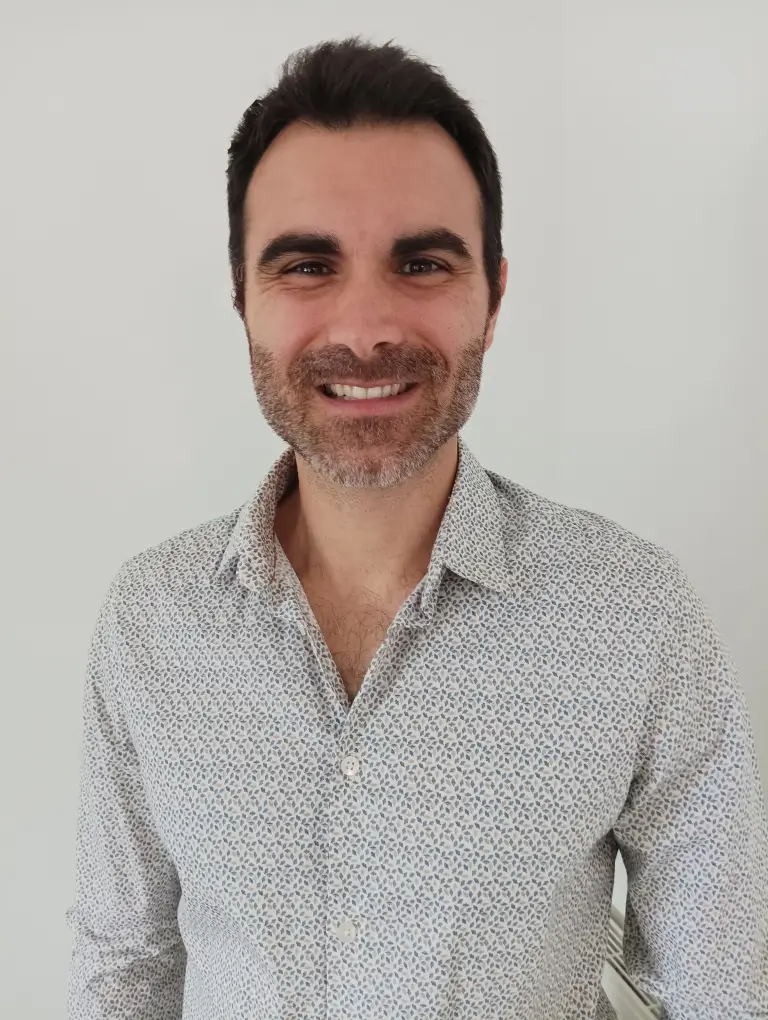Check now if you can appear on Wikipedia
We assess your eligibility according to the general and specific criteria linked to your profile. If certain conditions are not yet met, we’ll tell you what steps to take and what alternatives are available.
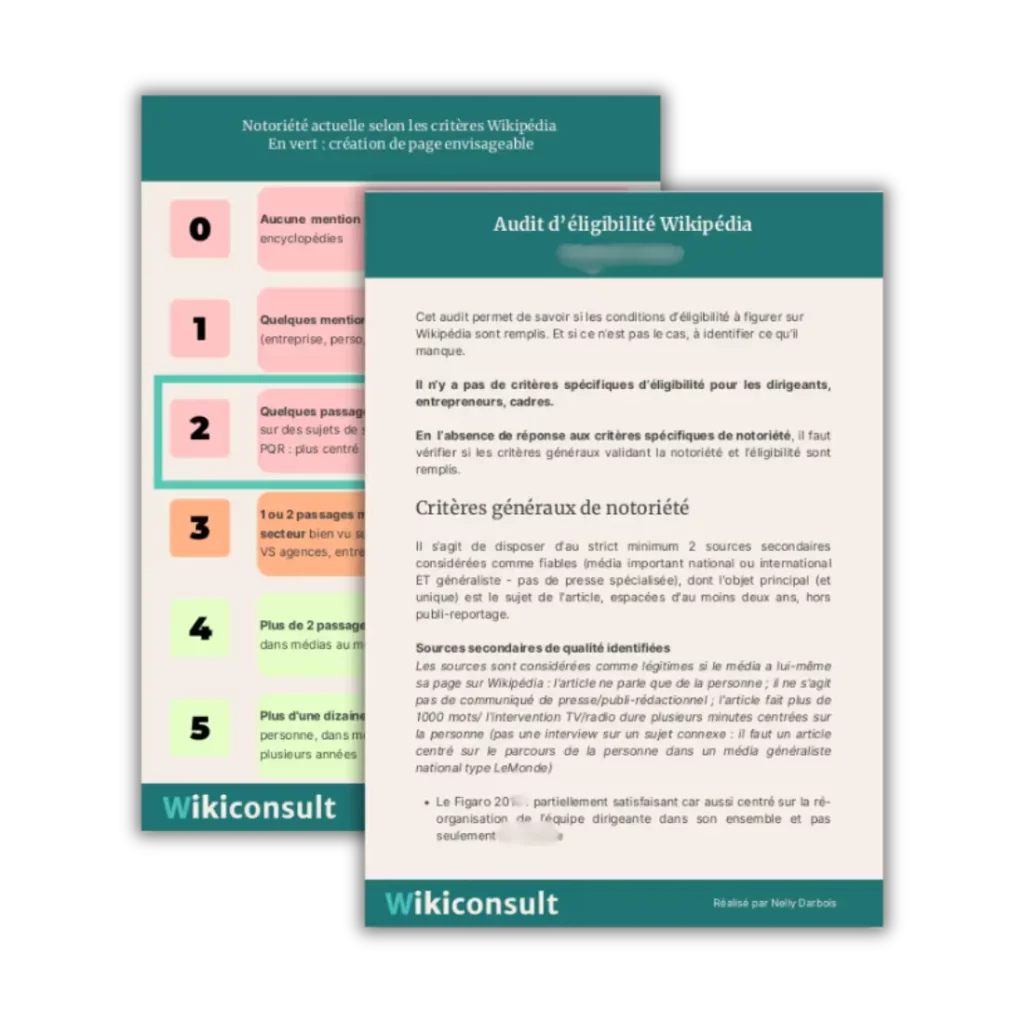
How does the eligibility audit work?
Send us an e-mail. We’ll offer you support tailored to your situation and send you a quote.
If you’re happy with the quote, you’ll receive the audit by e-mail within 48 hours: a 4-page summary document that concludes whether you’re eligible (or which avenues to explore if you’re not).
You’ll also receive a link to arrange a time to discuss the audit results by phone or video, if you wish.
If the audit concludes that you’re eligible, we can move on to creating your Wikipedia page. If not, we’ll suggest relevant alternatives.
Our case studies
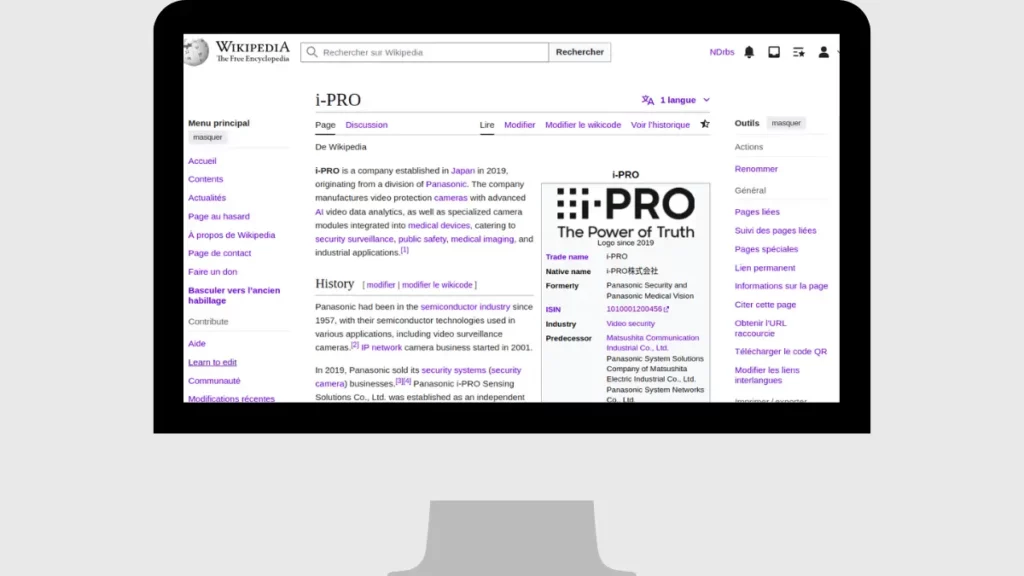
🇺🇲🇯🇵 i-PRO
After an eligibility audit, we created the Wikipedia page for this international Japanese company specializing in security and surveillance technologies.
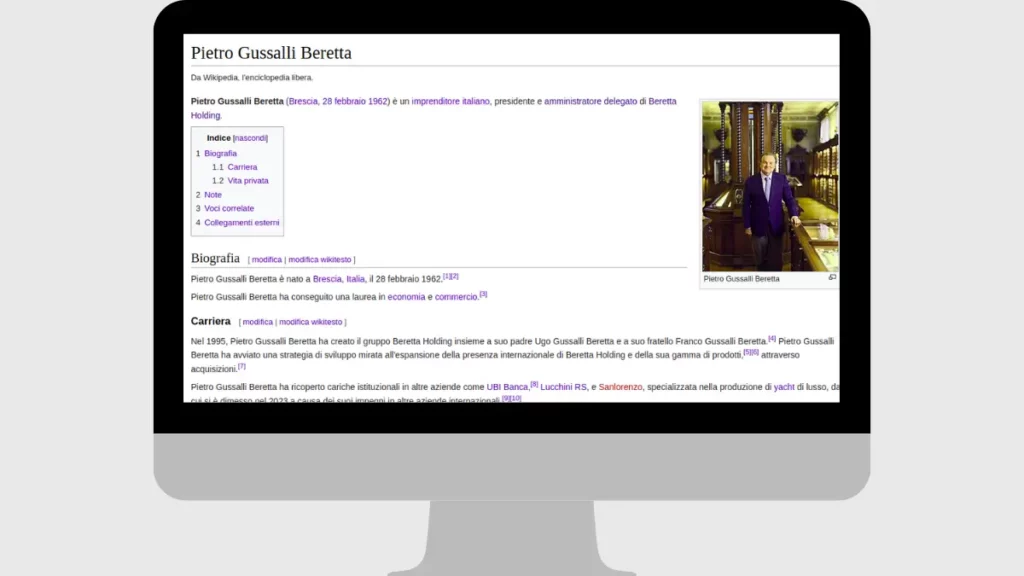
🇮🇹 🇺🇲 Pietro Gussalli Beretta
After an eligibility audit, we created the English and Italian Wikipedia pages for this Italian executive.
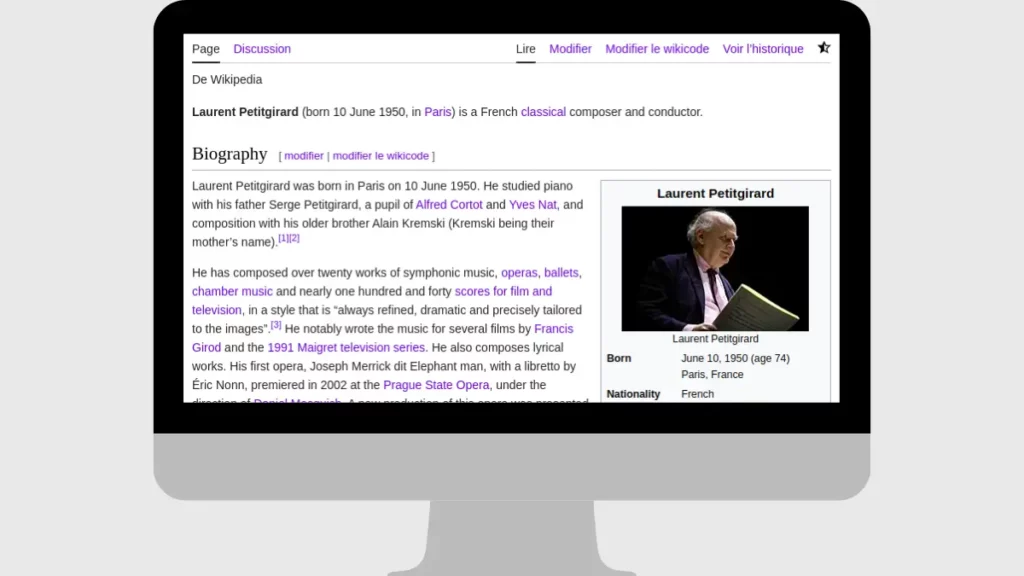
🇺🇲 Laurent Petitgirard
After an eligibility audit, we created the English Wikipedia pages for this French composer and conductor.
Frequently asked questions
Why should I request a notability audit if I’m confident I meet Wikipedia’s inclusion criteria?
Even if you already appear in the media or a competitor has a page, this is no guarantee that Wikipedia will accept you.
The encyclopedia imposes criteria for a page to exist: not only must reliable media report on the subject, but also these mentions must meet precise requirements (periodicity, scope, nature of publisher and content).
Our eligibility audit determines whether the profile of the page you want to create meets Wikipedia’s rules, and if not, tells you which publications and press relations actions are missing to make you eligible. In this way, you maximize your chances of getting your page online quickly and sustainably.
Should I send you my press coverage?
You can, of course, pass on to us any publications or information that you consider relevant. That said, our service already includes a thorough and systematic search of media sources concerning you, using professional tools and manual checks.
We read and analyze each identified source to assess its angle and compliance with Wikipedia’s editorial criteria.
I have a few questions first. Can we speak live before the audit?
The audit includes a 15-minute telephone or video session once we’ ve familiarized ourselves with your situation. This enables us to provide you with precise, targeted answers.
Nevertheless, we remain at your disposal to answer any questions you may have by email concerning the framework of the collaboration.
What is the cost of an audit?
The fee is $700 excl. tax per page to be created. The deliverable is a document in PDF format, approximately 3/4 pages long, summarizing the criteria you tick or don’t tick, and the relevant or irrelevant sources to support your eligibility.
At the end of the audit, a 15-minute discussion by video or telephone is also possible and included. You will receive a link to arrange a time slot once the audit has been delivered.
What’s the point of the audit if I’m not eligible?
The purpose of the audit is precisely to avoid a strategic error. The creation of a page that doesn’t comply with Wikipedia’s criteria can lead to its rapid deletion, making future attempts much more difficult.
Even if the audit concludes that you are not eligible, you will leave with concrete recommendations for :
- identify useful alternatives now, such as creating a Wikidata file or adding mentions on existing pages;
- understand which sources or types of media coverage are missing;
- know how to direct your communication or press relations.
Got a question or need a quote?
I’m Albin, your Wikipedia consultant.
I personally handle every project. Let’s talk — I usually reply within 24 hours.
